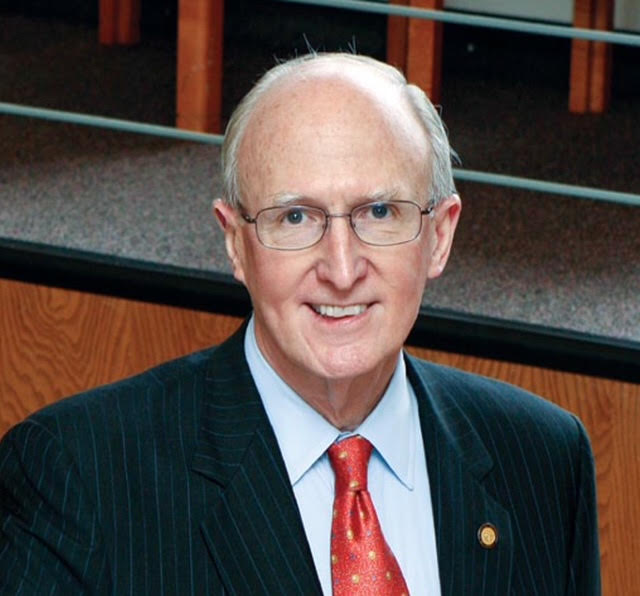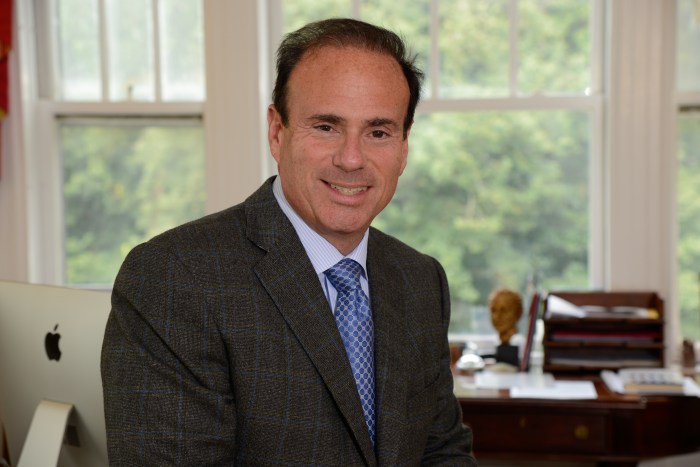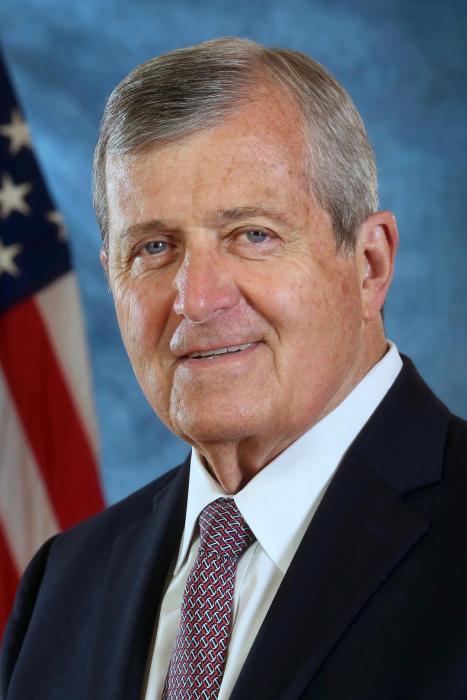A Syosset Jericho Tribune review
By Jennifer Corr
jcorr@antonnews.com
On Jan. 20, I went to the Long Island University’s Little Theatre to watch the premiere of Dogs of Peace: A Fantasia On The Hardship Of Being, a play directed by Alex Keegan and written by Brett D. Wolfe.
Wolfe is an experimental playwright and soon-to-be graduate of LIU’s BFA Playwriting program. He’s been honored, produced and published through the Kennedy Center American College Theater Festival, the International Analogio Festival in Greece, among others.
When I got to the Little Theatre, almost every seat was filled, and a lot of the audience members knew each other. And it became evident as the show began that the audience knew the performers. In the beginning of the show, I felt very confused, but I did gather from the bill passed out that the play would explore religion, silence and morality. It took time as I watched it to gather what Wolfe was trying to tell us.
From my understanding, the play follows multiple families and members of a church centered community. Characters face death of a pastor, the father of one of our main characters Amber, played by Kristina Erwin, who is living with and dating April, who in the middle of the play transitions to Ethan. This character is played by Jaye Pegg. Both Amber and April/Ethan face shunning from their families and their church. And April/Ethan faces hardship both in the fact that their sibling, Saint James, played by Virginia Alonso-Luis is institutionalized (this character also carries and plays with a dead, taxidermy dog), and their mother, Jeanine, played by Nicole Conrad, begins to waste away and eventually starves due to depression.
In speaking with Wolfe, it was revealed that this dog symbolized the re-animation of several parts of our social climate rather than seeing it for what it is, dead. In the beginning of the play, Saint James brought the dead dog to a veterinary hospital, which resulted in an ill dog dying because its care was delayed.
There’s also the new pastor who takes over the local church, Crathan, played by Brecken Hummer, against the original pastor’s families’ wishes, who, despite leading an anti-LGBTQIA church, is secretly seeing Pontuis, played by Nick Larsen. Larsen also plays, Dr. Kitz, the doctor at the psychiatric institution where there is a patient who goes by the name Jesus, played by Zaramaría Fas. This Jesus character garners much attention from the town, including Kurt, who begins to believe this character may actually be Jesus. But it’s revealed later in the play that this Jesus character was not given a rape kit when institutionalized and was assaulted by the pastor Crathan. The play ends in a very dramatic scene of Jesus lashing Crathan at the wedding of Amber and Ethan.
To make for a smoother watch of paying attention to the script, writing devices and acting instead of trying to put together the pieces, I’d recommend including a summary or synopsis of the play inside of the bill thats passed out, But other then that complaint, I felt that this play contained a very important message, especially as we see an increase of religion mixing with politics. I also enjoyed each actor putting their all into their characters, even during scenes that could be described as vulnerable.
Another interesting device in this play was the character, the playwright, played by Dominic Cardenas, speaking directly to the audience at several points in the show, even asking for the audience and the characters to give them their frustration and confusion.
“I always envisioned this play as a kind of intervention to the audience,” Wolfe said. “The playwright, creating these characters who live in the extremes of the kinds of struggle we may face in our lives, intercedes at the end of the play in order to cease the cycle. It’s no surprise that struggle and suffering does not usually end on its own—take generational trauma, for instance. Without immediate intervention or healing, pain will not go away. And so, the playwright’s warning comes to be that peace will not come by stealing it from others, or by making other people’s lives hell, but by recognizing the flaws and pains one may feel and doing away with them.”
































